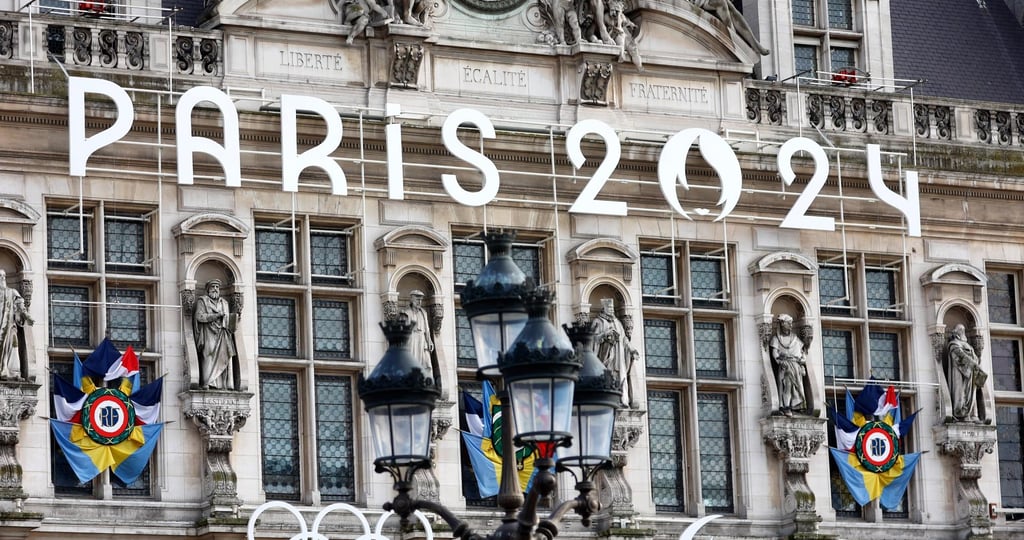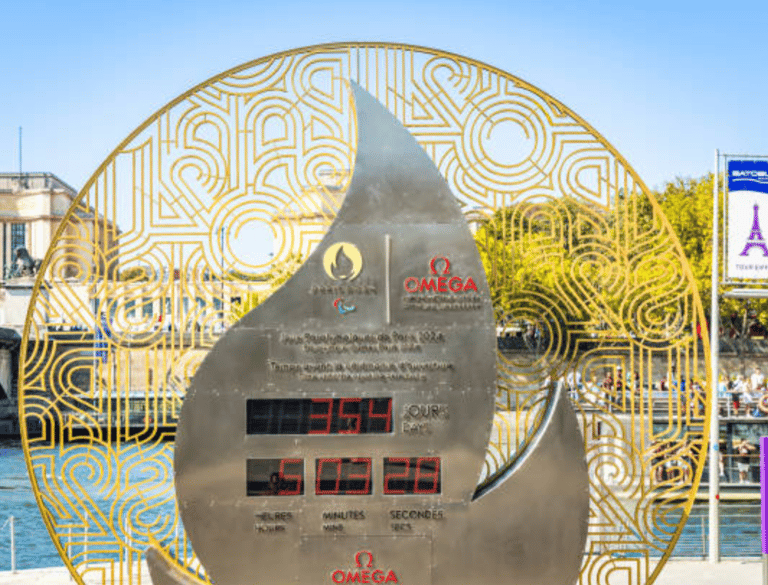Will Paris 2024 Achieve the Title of the Greenest Olympics?
The Paris 2024 Olympics made headlines for its ambition to be the greenest Games ever. With a global spotlight on eco-friendly initiatives, the world watched as history was made in the City of Lights.


The Paris 2024 Olympics made headlines for its ambition to be the greenest Games ever. With a global spotlight on eco-friendly initiatives, the world watched as history was made in the City of Lights. From infrastructure to food waste management, this article explores the pledges implemented during the Games and examines the environmental implications of the Olympics.
The Paris Olympics was credited as a pioneering event in sustainability. It marks the first Olympic Games in accordance with the Olympic Agenda 2020. The International Olympic Committee established this resolution to reaffirm the purpose of the Olympic Movement: the promotion of peace and development in sporting events and beyond.
A strong emphasis has been placed on reducing carbon emissions. To achieve carbon neutrality, the Paris Games intended to reduce its carbon footprint by 55% compared to the emissions generated during the 2012 London Games, in alignment with the principles of the Paris Climate Agreement.
A focal strategy integrated into the food and catering operations involved doubling the use of plant-based food whilst halving the amount of single-use plastic compared to the criterion set during the London 2012 Games.


To achieve the sustainability goals of the 2024 Paris Olympics, all energy sources were derived from renewable power. All venues were connected to the national electric grid, reflecting the circular economy strategy employed by the organisers of the Paris 2024 Olympic Games.
Paris 2024 aimed to surpass the achievements of previous Games by employing a holistic approach to sustainability. This framework coordinates with the COP28 goals to accelerate mitigation, adaptation, and finance.
By integrating innovative practices, Paris 2024 is on course to meet these objectives. Paris 2024’s measures were to avoid, reduce and control carbon emissions and they have set a new standard for environmental responsibility in international sporting events.
Beyond the Games themselves, the unquantifiable success of the Paris 2024 Olympic Games lies in the impact it has for future generations. By bringing sustainability to the forefront of concern amongst the public, the Paris Games reiterates our goal to a more sustainable future.


In particular, 2 million pieces of sport equipment were used. Of these, 75% were rented or loaned out by sport federations. In order to limit carbon emissions linked to new construction sites, 95% of the infrastructure was temporary or already in existence. To enhance this effort, over three-quarters of computers, printers, and screens were rented.
Loriol sur Drome, France - 19 March 2023: "Fête des Bouviers". Shepherd's festival in the South of France in Loriol sur Drome. Corso, France. The largest corso in Drome Ardeche - France. Photo courtesy of Bartus Daniel/Shuttershock.
Paris, France - September 09, 2023: Close up on Omega clock showing the days before the start of Paris 2024 summer games. Photo courtesy of Jean-Luc Ichard/iStock.
Paris, France - March 4, 2024: Detail of the facade of the town hall of Paris, France, decorated for the Olympic and Paralympic Games. Photo courtesy of Getty images.


Photo courtesy of Getty images.
